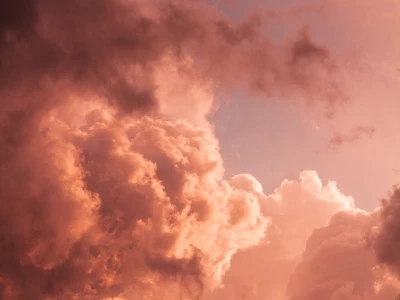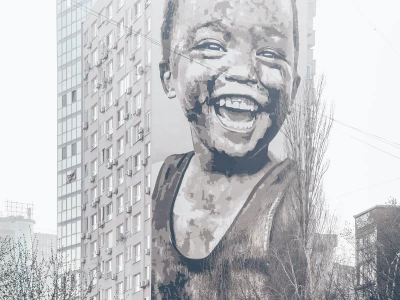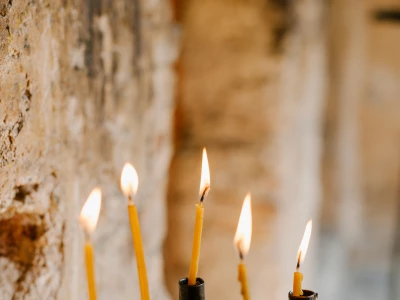Share this article
The Wonderful Effect Of Our Lives
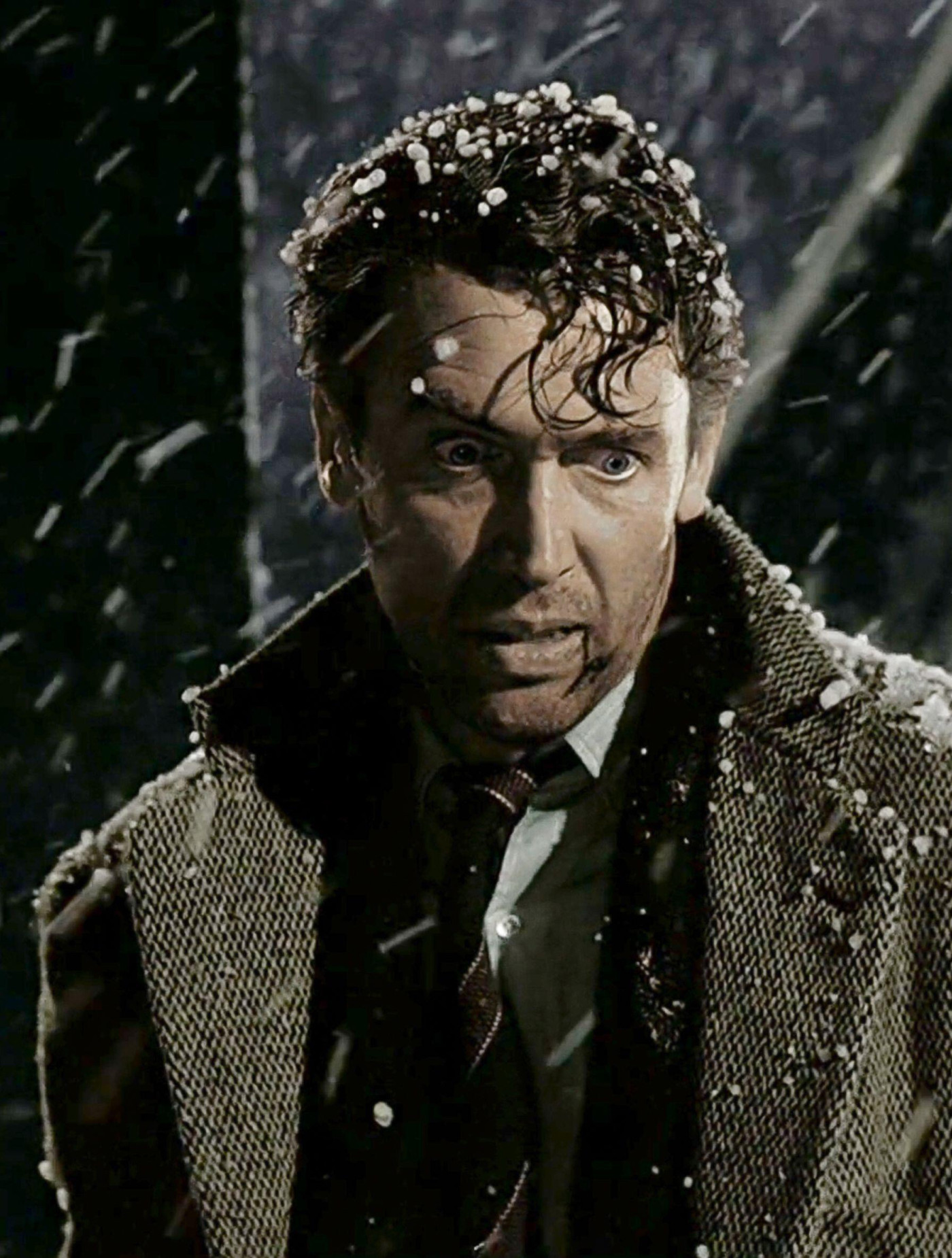
Still from the film —It’s a Wonderful Life (1946). George Bailey (played by Jimmy Stewart) is on the bridge in fictional Bedford Falls, thinking of ending it all.
‘I couldn’t face being cooped up for the rest of my life in a shabby little office. Oh, I’m sorry, Pop, I didn’t mean that, but it’s this business of nickels and dimes and spending all your life trying to figure out how to save three cents on a length of pipe. I’d go crazy. I want to do something big and something important.’
George Bailey, a fictional character and the protagonist in the film, It’s a Wonderful Life, is talking to his father, Pa Bailey. Pa’s an honest man who founded the Bailey Brothers Building and Loan with ‘Uncle Billy’ to help the people of small-town Bedford Falls buy their own affordable houses.
George has taken over the business but is growing steadily dissatisfied with what he sees as his ordinary life. He has a multitude of other problems, but worst of all, he is falsely accused of misappropriating funds from the broken-down Building and Loan.
On Christmas Eve night, he stands on the bridge in his hometown of Bedford Falls, looking into the dark, swirling river below. As he thinks about ending it all, he is approached by a strange, homely, well-mannered older man with a bag. His name is Clarence Odbody, and he is George’s guardian angel. He looks dishevelled and doesn’t possess the common traits of a guardian angel. In fact, he’s a second-class angel sent to Earth to earn his wings.
As George is about to jump from the bridge, he looks around to see that Clarence has thrown himself into the icy water in a desperate attempt to bring George to his senses. He flounders and calls out for help as he flails around in the swirling river. Without any hesitation, George dives in and saves Clarence. As they dry off, George says that he wishes he had never been born. His guardian angel tells him that his wish has been granted and that he was never born.
Clarence then shows George what Bedford Falls would have looked like if it hadn’t been for all his good deeds over the years:
George returns to a now unsavoury town occupied by sleazy entertainment venues, crime, and callous people. No one knows him. Even his own mother doesn't recognise him. He finds his wife, now a spinster, and when he grabs her and claims to be her husband, she screams and runs. His friends have taken different and often worse paths through life due to his absence. Without George to save him, his brother Harry drowned aged nine, and without Harry, all the troops aboard a transport ship in World War 11 were killed. (Harry had grown up to become a U.S. Navy fighter pilot and was awarded the Medal of Honor for preventing a kamikaze attack on the ship).
George returns to the bridge and questions Clarence, who explains that George wanted more when he had already been given the greatest gift of all: the gift of life. George digests the lesson and begs his guardian angel to let him return his life. Clarence agrees.
George returns home and finds everything restored to normal. He hugs his wife and tells her that he thought he had lost her. It finally dawns on him what a truly wonderful life he has. He knows now that it doesn’t matter how important he is when measured by the world’s standards and that it wasn’t money that he was lacking — it was his inability to see the value in his own life. He is full of gratitude that he was allowed to see, with the help of his guardian angel, that his life has profoundly good influences on everyone around him — an impact that ripples out to the universe.
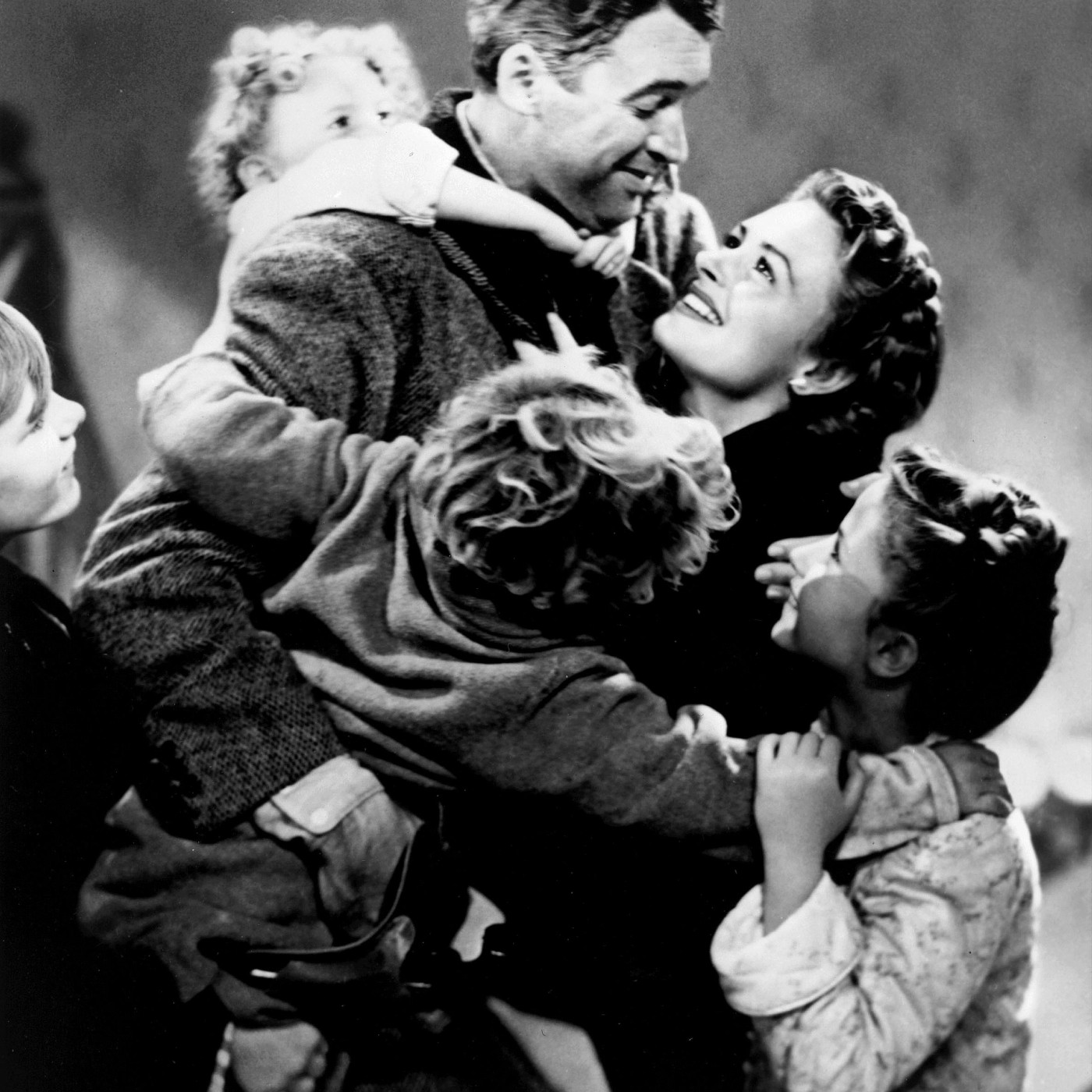
‘Strange, isn’t it? Each man’s life touches so many other lives. And when he isn’t around, he leaves an awful hole, doesn’t he? ‘
—Clarence, George Baily’s Guardian Angel, from the film, It’s a Wonderful Life.
When Ordinary Life Ceases To Be Good Enough
Much of It’s a Wonderful Life is devoted to showing us George’s extraordinary life of virtuous self-denial, but another message from the film is that no one is really ordinary —we’re all important, and we can all make a difference. The problem is many of us don’t realise this. Unlike George, who was allowed to see what would happen if he was never born, the vast majority of us don’t get to see our effect on the world. It’s then that we can grow dissatisfied with seeming everyday life and become distracted: instead of ‘going inside’ and discerning God’s will for our lives, we follow the crowd and seek recognition from others, even strangers, to help us feel validated.
As the desire for approval from an ever-increasing circle of strangers grows, we can then begin to chase fame. Psychologists have discovered a specific pathology to all dreams of fame and celebrity: being recognised by strangers emerges as a solution to a hurt. ‘If I’m famous, I’ll be appreciated and treated decently by people,’ the thinking goes.
The desire for fame can also arise in the absence of a rich inner life and authentic meaning and purpose. Then the attraction of being widely known can provide a bogus sense of existential reassurance, especially as we grow older and the end of our earthly existence looms. Indeed, the deep-seated dread of death drives the culture of celebrity which desperately holds out the promise that a person’s name can endure forever. This empty and superficial promise of immortality can nevertheless appeal to us, especially when we lose hope in an afterlife, and feelings of not ever having mattered can become more acute.
It seems the desire for fame doesn't die too easily: Orville Gilbert Brim, a psychologist and author of Look at Me!: The Fame Motive from Childhood to Death writes: ‘The motive never dies, and when we realise we’re not going to make it in this lifetime, we find some other route: posthumous fame.
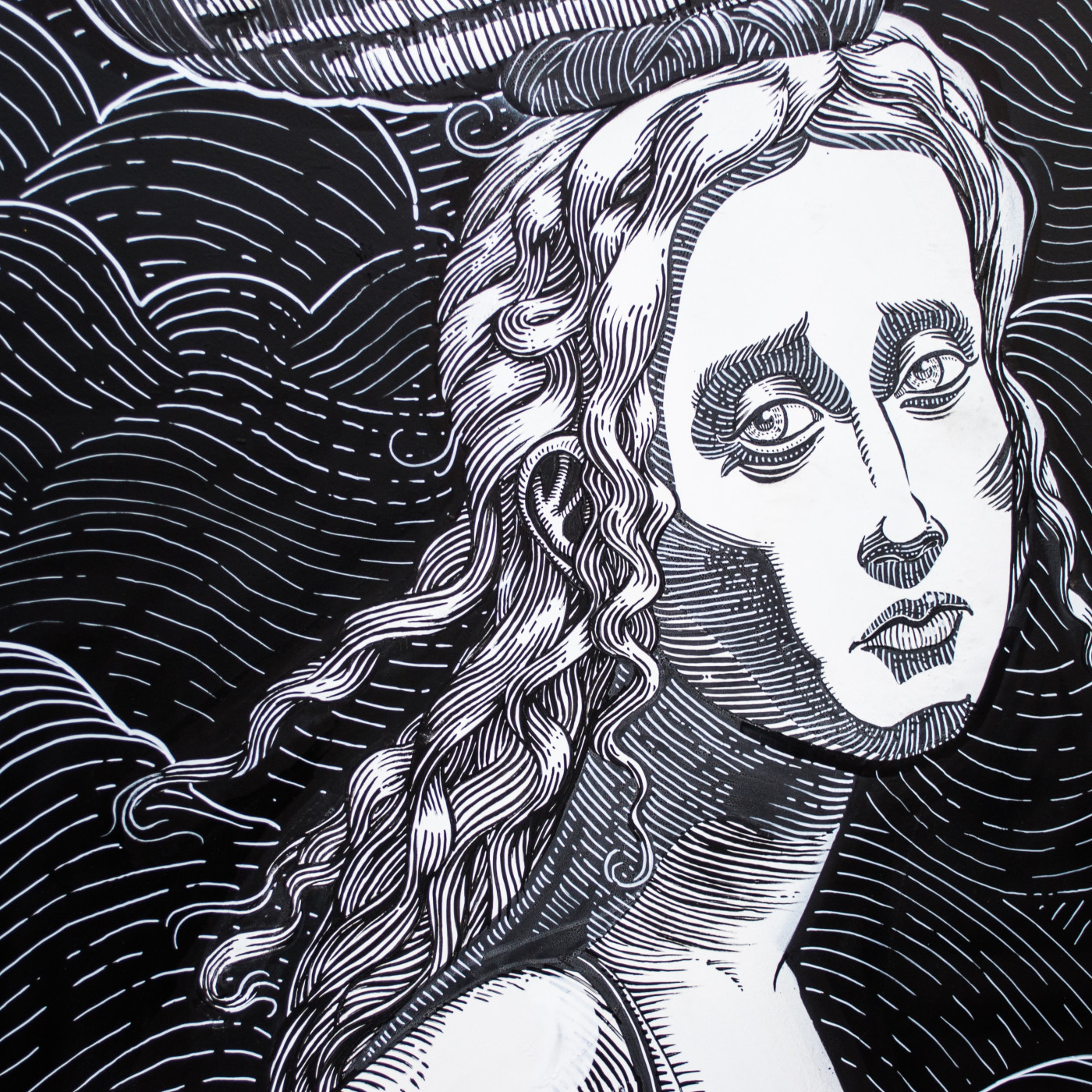
‘There are no ordinary people. You have never talked to a mere mortal. Nations, cultures, arts, civilisations--these are mortal, and their life is to ours as the life of a gnat. But it is immortals whom we joke with, work with, marry, snub, and exploit.’
—C.S. Lewis (1898 – 1963) Belfast-born writer, literary scholar, and Anglican lay theologian.
People are not ordinary- we just don’t have the eyes to see how special we and others are
The story of It’s a Wonderful Life is about a man who gets to see what life would have been like if he had never been born. Most of us don’t get this chance, but with spiritual discipline and an openness to a divine purpose, we can begin to see beyond the obvious. We gradually discover that reality has multiple levels of meaning. We then see that our 'ordinary' life doesn't seem so ordinary after all. We also appreciate somewhat more, even if we don't know the 'why', that everything happens for a reason. Into the bargain, we grow much less bored and dissatisfied with things. Instead, we become ever more grateful for the blessings in our lives. And when occasionally life seems bleak, we know now that we can always raise our thoughts and see the wonder again.
More Quotes:
'There are no mistakes, no coincidences. All events are blessings given to us to learn from.'
― Elizabeth Kubler-Ross, M.D.
Share this article
Categories
in your inbox

Inspirational Lives

